Microsoft is gearing up to ship the next Windows 11 feature drop in early 2024, also known as "Moment 5" or the "February 24 Moment" for Windows 11. This feature drop will be much smaller in scope compared to previous moment updates, with the primary focus being on delivering necessary changes to the OS to make it compliant with the Digital Markets Act (DMA.)
With that said, there are several quality-of-life improvements coming with the Moment 5 update, which we expect will begin rolling out in late February or early March 2024. Microsoft is working on upgrades to some of Windows 11's built-in accessibility features, improvements to the Windows 365 cloud PC integration, and the ability to remove news from the Widgets Board, and Bing from the Windows Search pane.
As always, we will keep this post up to date with any new features that Microsoft adds them to the testing program for the Moment 5 update. As of right now, this is everything we're expecting to see ship in February 2024.
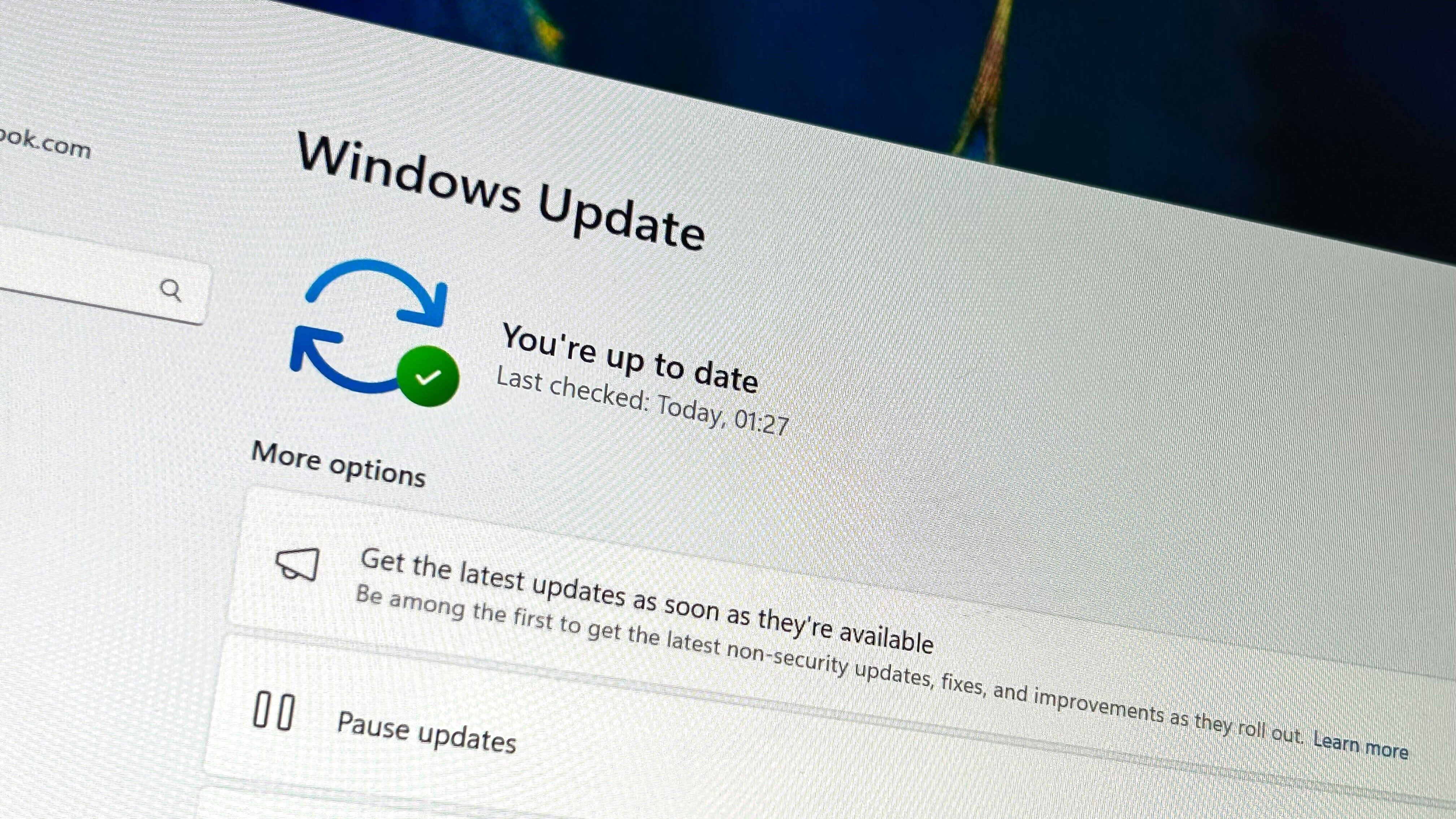
According to my sources, the next Windows 11 Moment update is expected to be finalized in early February, with rollout scheduled to begin a few weeks later. Internally, Microsoft also calls this feature drop the "February 2024 Moment," which implies it will hit general availability sometime in February.
Just like previous Moment updates, Moment 5 will be delivered as a cumulative update via Windows Update, likely rolled into the March 2024 Patch Tuesday release after being made available as an optional preview update in late February. Moment updates are not optional forever, so Windows Update will eventually automatically install the Moment 5 update if you don't manually request it.
Moment 5 will only be offered to users running Windows 11 version 23H2, meaning if you want the latest features you will need to upgrade from Windows 11 version 22H2 first if you haven't already. Moment 5 is expected to be the last Moment update for Windows 11 users in 2024, as the next big OS update, codenamed Hudson Valley, launches later in the year.
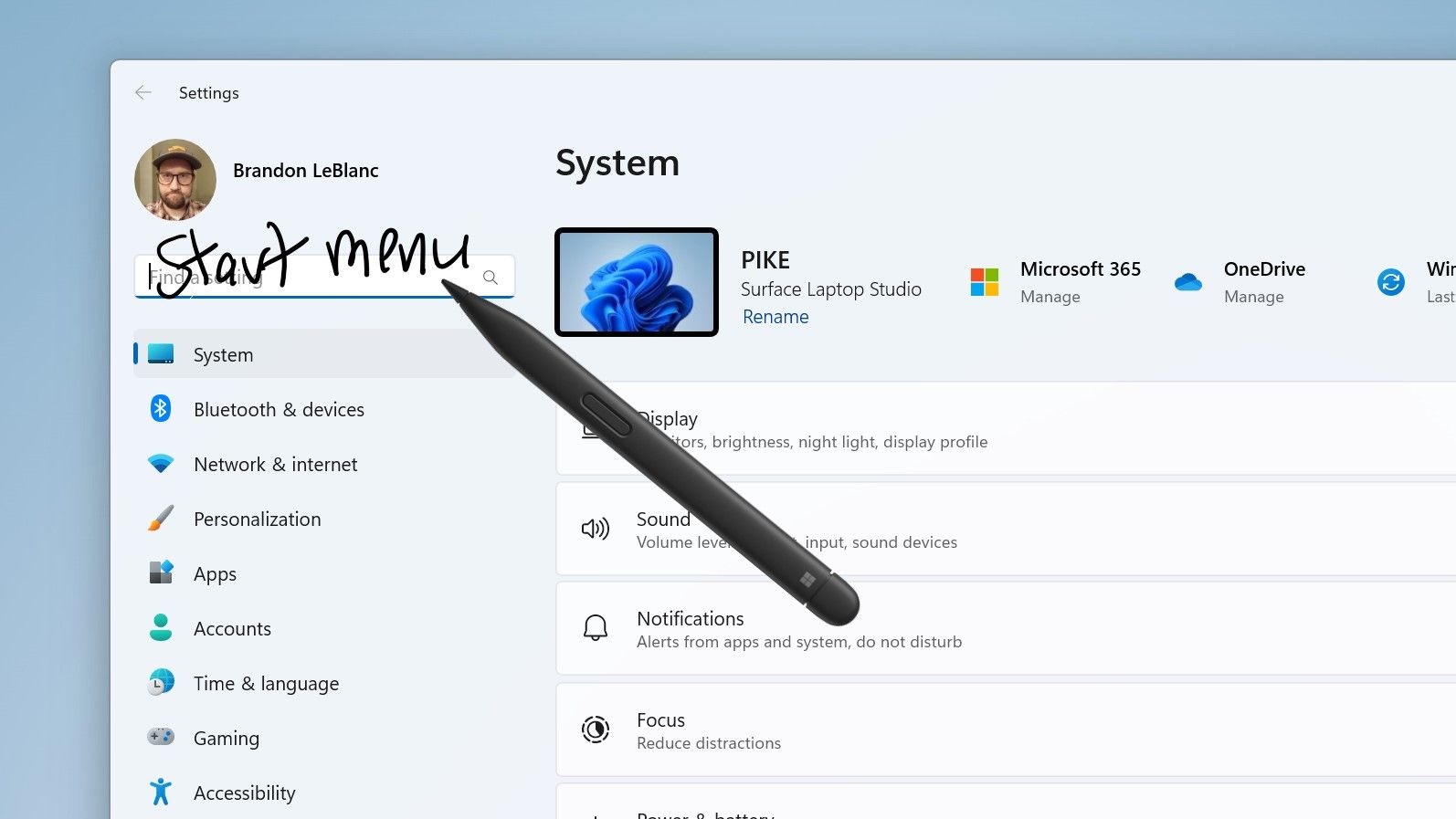
The Moment 5 update for Windows 11 brings with it a number of quality-of-life improvements, such as the ability to ink directly into text boxes across the OS. This is a feature other platforms have had for some time, and now it's finally coming to Windows. This makes using the OS with a digital pen much more streamlined, as you no longer need to enter a dedicated handwriting panel to type things.
As part of the changes being made to the OS to comply with the DMA, Microsoft is also making even more in-box apps uninstallable by the user. These apps include Edge, Cortana, Camera, and Photos. Yes, that means for the first time ever, the Edge browser will be uninstallable if it's something you don't intend to use.
On that same line, Microsoft is also making the Windows Search pane interoperable, which means third-party search providers such as Google or Yahoo can build a plugin for the Windows Search pane to let users switch from Bing to another search provider if they choose. Currently, this capability and the ability to uninstall Microsoft Edge is exclusive to Windows 11 PCs running Moment 5 in the European Economic Area (EEA.)
Elsewhere in the OS, Microsoft is making some changes to the incredibly handy Nearby Share feature, which is essentially AirDrop but for Windows PCs. Nearby Share now has "friendly name" support, which means you can give your PC a more readable name such as "Zac's Laptop" in the Nearby Share menu. This will appear when another PC attempts to share a file with you using Nearby Share. Microsoft also touts transfer speed improvements with the Moment 5 update.
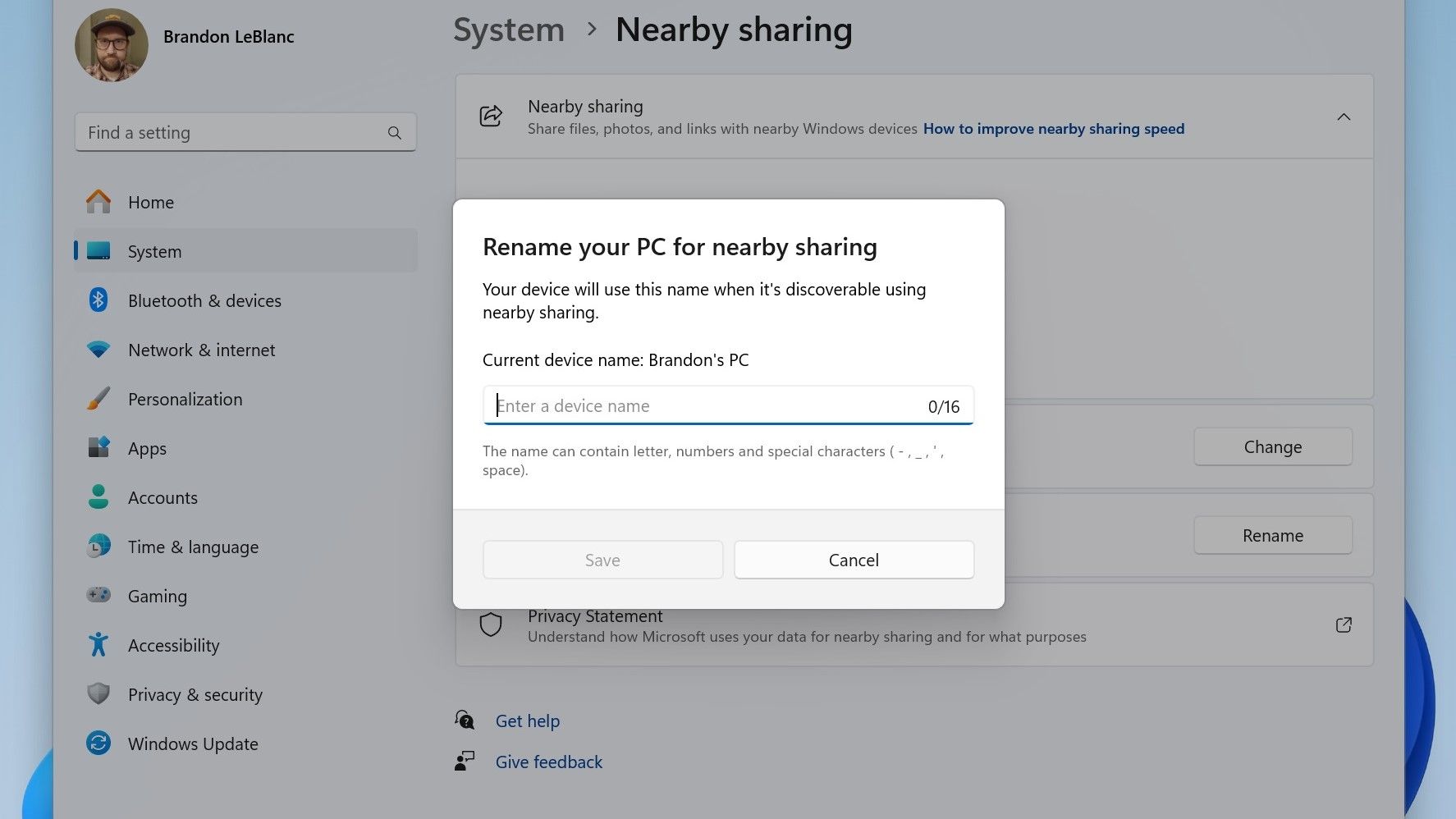
Microsoft also says the Windows Spotlight feature, which pulls in a background of the day from Bing, will be set as the default wallpaper setting starting with the Moment 5 update. This setting will only take effect if you're using one of the built-in Windows wallpapers, if you're using a custom wallpaper the Windows Spotlight option will not be automatically toggled.
Unsurprisingly, the first Windows 11 feature drop to land post Copilot launch comes with a number of improvements for the feature. First, Copilot can now be "undocked" which will allow apps to exist underneath the Copilot sidebar instead of being forced to appear next to it. The Copilot interface now also shows up in the Windows ALT+TAB menu, making it quick and easy to switch to using the keyboard shortcut. Copilot now also works across multiple displays, so you can open it wherever your heart desires.
Lastly, Microsoft is making minor changes to the casting menu in the Quick Settings panel, which will now better describe the feature to new users who haven't used it before. Microsoft will also suggest using the Cast feature whenever the OS detects the user is multitasking by constantly switching between multiple app windows.
Oh, and the "All apps" button in the Start menu has changed to just say "All" now.
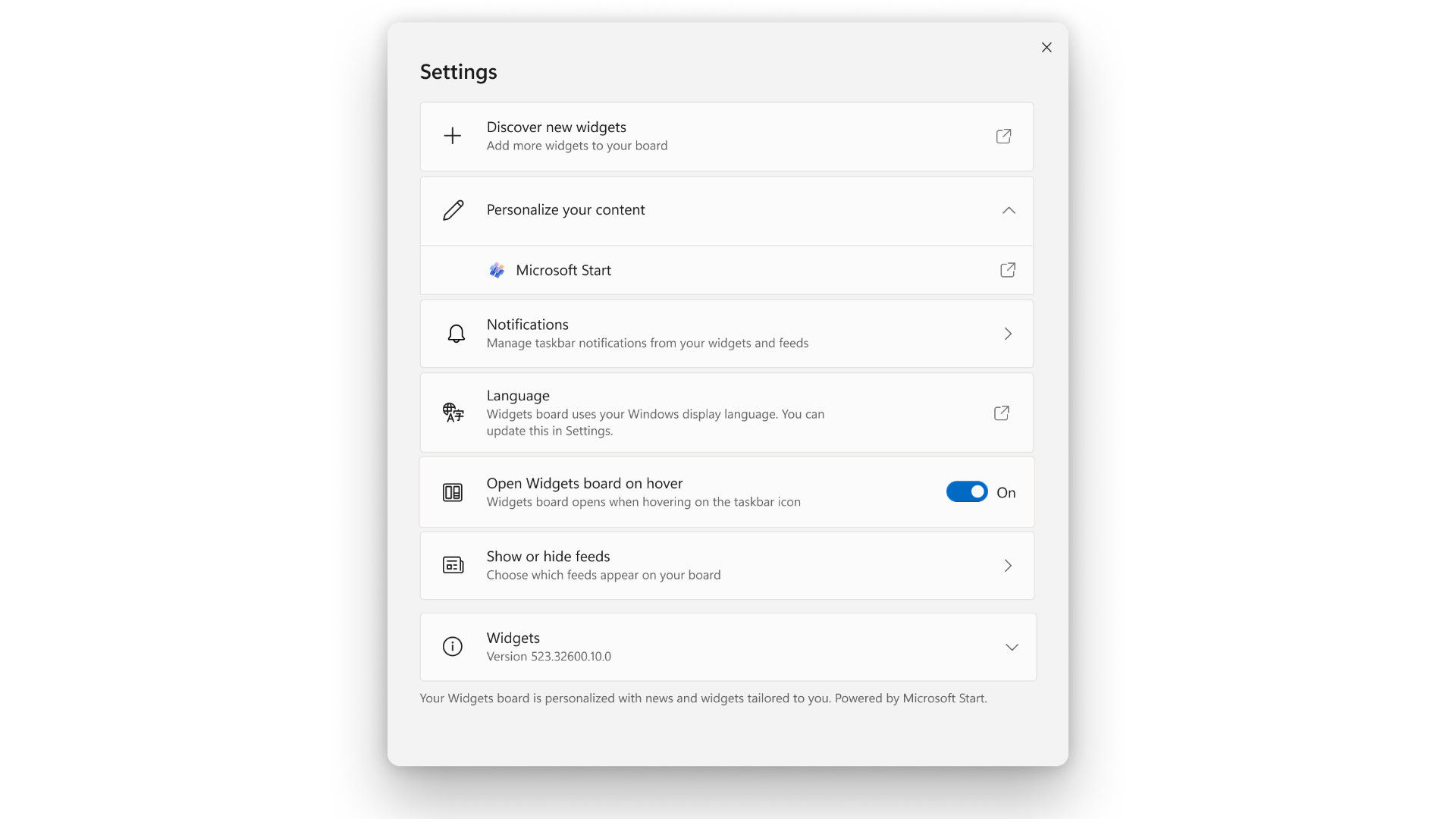
Microsoft is making several changes to the Widgets Board on Windows 11 to comply with the DMA. The biggest change is the ability to disable Microsoft News integration within the Widgets Board, allowing users to outright turn off the "Microsoft Start" news feed in the Board's settings page.
This means users can choose to use a widgets-only layout in the Board for the first time, which is excellent news for those who don't care about the latest headlines being fed to you through the OS.
In addition to being able to disable Microsoft Start, the company is also making the Widgets Board interoperable, which means third-party news services can build a plugin that integrates with the Widgets Board. For example, Google News or Apple News could build support for the Windows Widgets Board, and users would be able to install that plugin if they prefer those services over Microsoft News.
Unlike some of the other DMA changes, this one appears to be universal, meaning you don't need to be in an EEA region to access it.

There are also more improvements to in-box apps on the way with the Moment 5 update. Starting with Notepad, which now includes a character count at the bottom of the app. An "Edit with Notepad" shortcut now also appears in context menus when right-clicking select file types, which is pretty neat.
The Microsoft Store has also been updated with a new "Arcade" tab, which lets you play instant games that don't need to be downloaded. The games are pretty basic, but they're great for killing a few minutes as you wait for a file to download or render to finish.
The app has also gained some quality-of-life improvements, such as a richer interface that appears when you hover over an app on the Store home page. The app now also launches faster, so you can get to download your favourite apps more quickly.
Windows 365
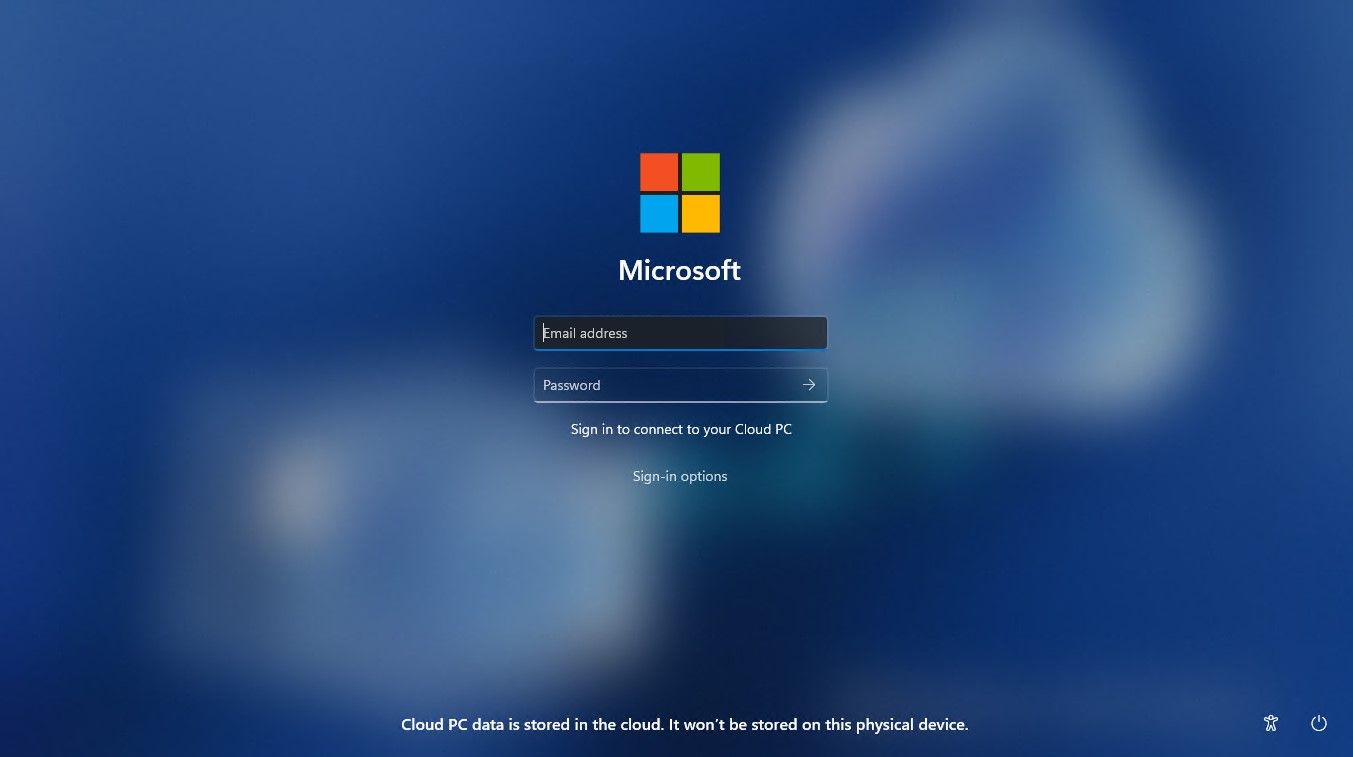
Microsoft continues to work on integrating Windows 365 into the Windows 11 OS. With Moment 5, Microsoft has taken further steps to polish this experience, such as adding the ability for an organization to customize the login page with their own logo for employees punching in Cloud PC credentials.
There's also a new disconnect button in Task View that will let users disconnect from their Cloud PC when using the local Windows 11 desktop. Within the Cloud PC, there is now also a disconnect button directly in the Start menu, which will switch you back to your local desktop.
Task View now also has indicators that will pop up just above the Taskbar whenever you switch between your local desktops or Cloud PC. Plus, users can now more easily configure local device settings when connected to a Cloud PC, with a dedicated button for opening the local Windows Settings app within the Cloud PC Windows Settings app.
Lastly, Microsoft is launching a new mode for Windows 365 Boot called Dedicated Mode, which can now boot to your Windows 365 Cloud PC from your designated company-owned device. You will be able to seamlessly log in to your Windows 365 Cloud PC from the Windows 11 login screen using password-less authentication methods like Windows Hello for Business. This mode also comes with a fast account switcher experience to effortlessly switch profiles to log in with, a personalized experience with your username and password, display picture on lock and login screen, remember your username, and more.
Accessibility

Last up, Microsoft is making more improvements to some of the accessibility features built-in to Windows 11. To begin, Voice Access now supports multiple monitors, which means you will be able to navigate the OS using your voice across more than just your main display now. Additionally, Microsoft is adding support for more languages, which are French (France), French (Canada), German, Spanish (Spain) and Spanish (Mexico.)
Voice Access is also gaining a new feature called "voice shortcuts," which lets you create custom commands that use your voice to activate. Just shout "What can I say" when voice access is enabled, and select the "voice shortcuts" tab in the window that pops up. From there, you can create an action based on a custom phrase, and pick from a selection of actions provided by the voice access app.
So for example, I could set up a voice shortcut that opens a specific file, and give that shortcut the command "open my favourite file." Voice Access will then open the file that you specified every time you say those words. Pretty neat!
Narrator is also gaining some updates, including the ability to preview new natural voices before you download them. The narrator can now also use voice access to open applications, dictate text, and interact with elements on screen using voice. Commands such as "speak faster" and "read next line" work now in conjunction with voice access.
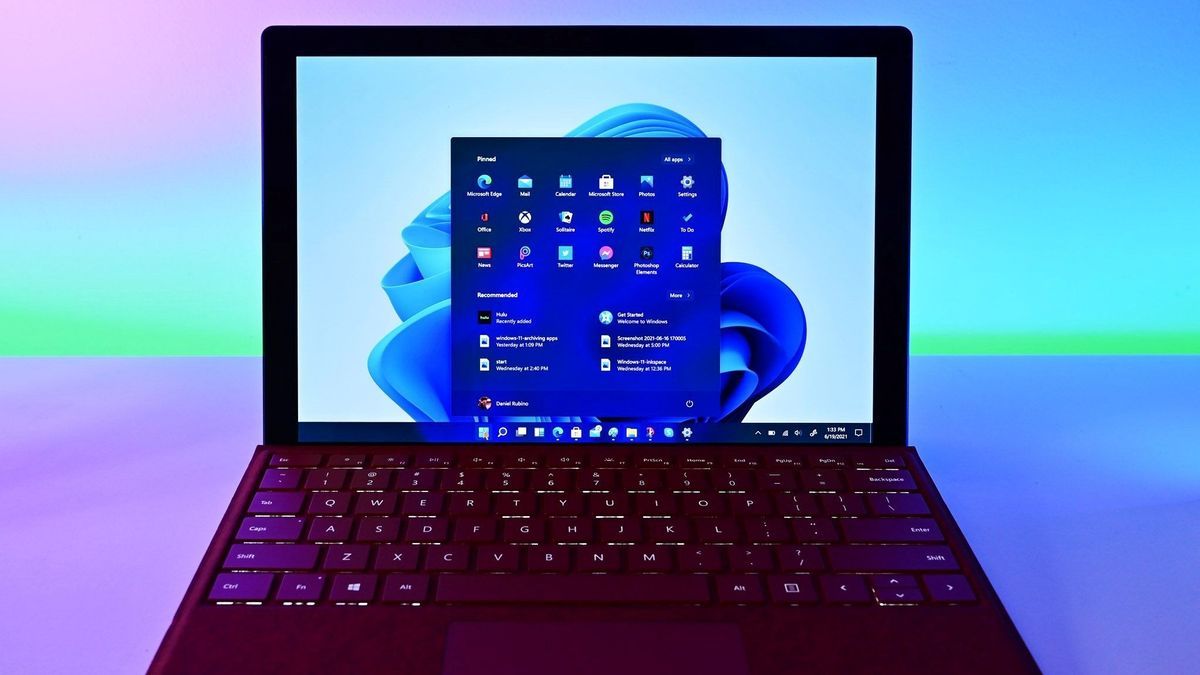
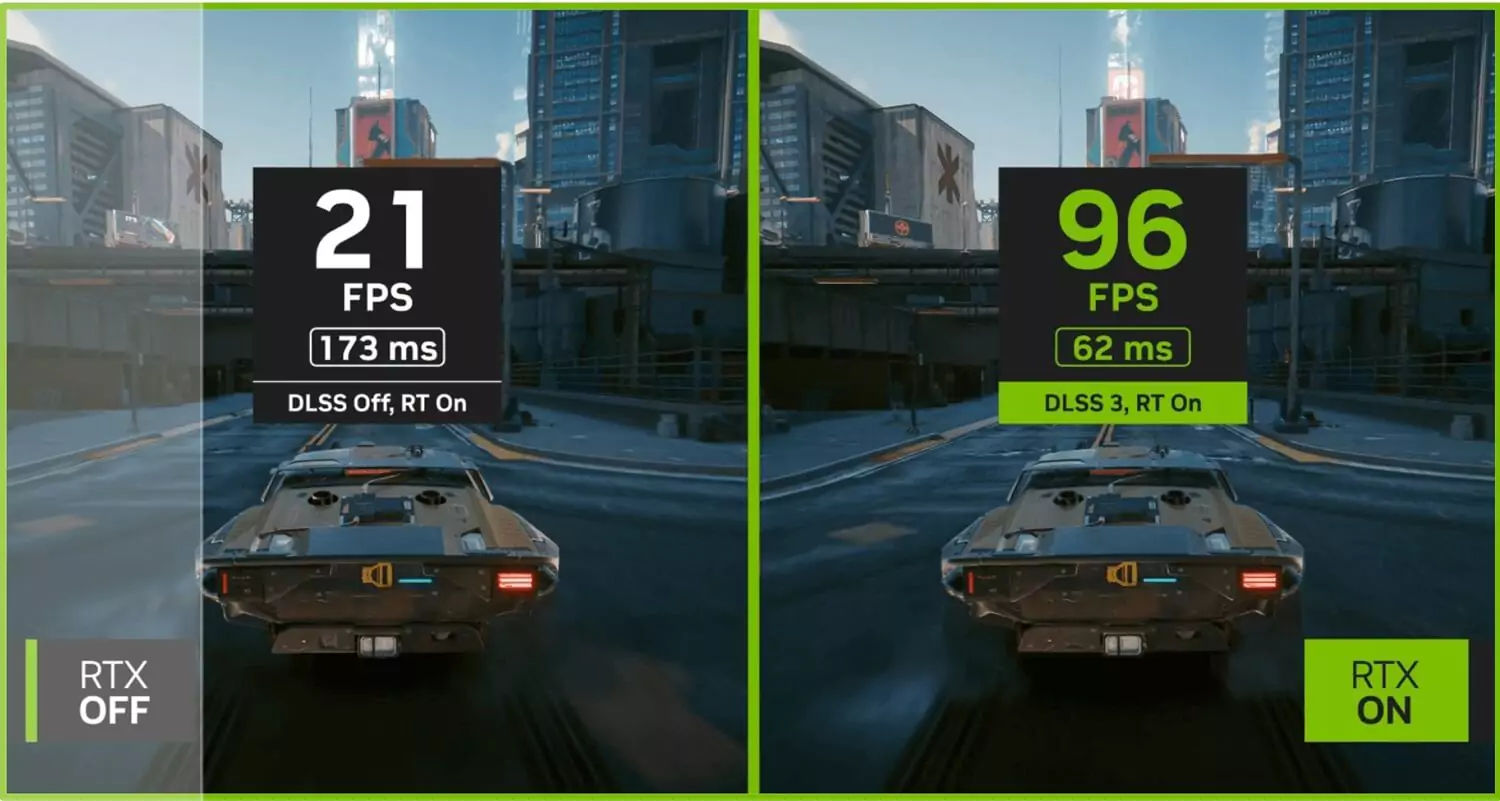
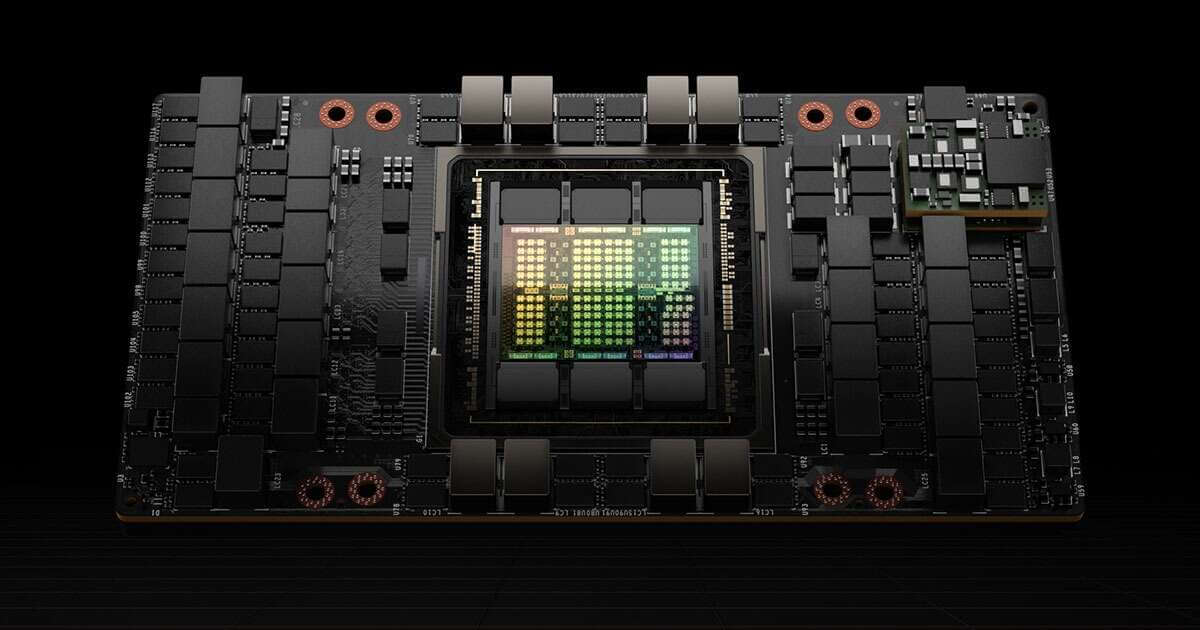

Comments ()